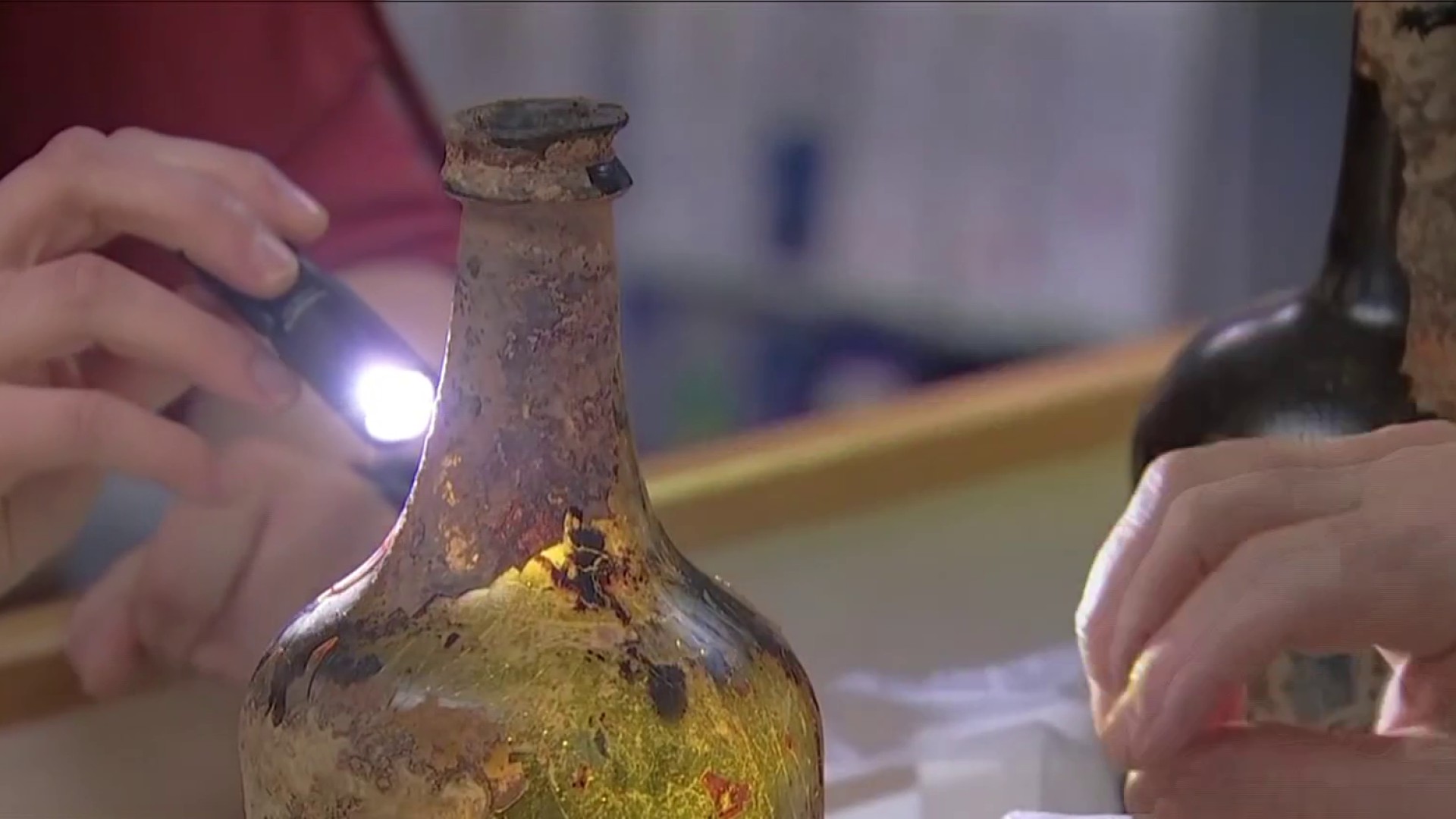Hundreds of Metro cars contain asbestos, and documents show Metro previously removed the hazardous material from a different location in the cars.
Documents from the transit agency show that in 2009, a contract proposal was submitted to remove and dispose of "asbestos-containing gasket material from the evaporator" in the 1000-series rail cars.
Metro said after that work, all testing relating to possible exposure of asbestos-containing materials was found to be acceptable.
But three of the asbestos-containing gaskets were not removed because they are "in an inaccessible location deep inside the HVAC system, in an area that is not even touched by our maintenance staff -- ever," wrote Metro Chief spokesperson Dan Stessel in an email. "It was best to leave it undisturbed as it posed no hazard it its current location and state."
The new area of concern relates to asbestos in the heater box of the 1000 series rail cars. Metro has stressed that the asbestos related to the heater boxes on rail cars poses no threat to passengers or employees.
"The NON-friable material does not generate fibers unless drilled through, sawed through or otherwise abraded," Stessel wrote. "Given that fact, combined with the physical separation between the material and the passenger cabin, there is no hazard present to riders."
Metro says because of the type, location and separation of the remaining asbestos, there is no need to test the air quality in the 1000-series rail cars.
Local
Washington, D.C., Maryland and Virginia local news, events and information
Meanwhile, the union that represents most of Metro's front line employees responded harshly Wednesday to the asbestos revelation.
"In the past, WMATA has seemed to ignore every safety issue unless it came from an NTSB directive," said David Stephen, communications coordinator with Amalgamated Transit Union Local 689. "We hope that Metro will not wait for a tragedy or NTSB directive if further safety precaution is necessary with respect to the asbestos exposure issue."
Asbestos has been directly linked to a host of lung illnesses, including lung cancer.
The overarching question is, should riders and employees be concerned?
"Research shows that there is no exact limit on what is safe for asbestos fibers," Melinda Kotzian, CEO of the Alexandria based Mesothelioma Research Foundation tells News4. "So, once asbestos fibers are released into the air, you have to make sure that you are taking extra precautions."
Experts agree that we probably have close calls with asbestos materials frequently. The key is educating yourself about where asbestos exists.
"It's surprising to find it [in a rail car], especially because we know how many health concerns there are," said David Andrews, a senior scientist with the Environmental Working Group Action Fund. "But it's also unsurprising because our government has been unable to ban asbestos."
Both Kotzian and Andrews said they ride Metro and will continue to do so.



